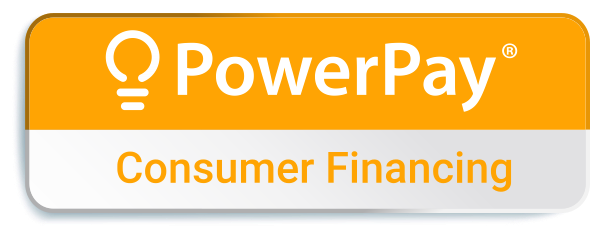Your home’s heating and cooling system is among the most important system in your home. An effective heating and cooling system will keep your home comfortable no matter what the season. It will also keep you safe given that extreme hot and cold temperatures can be life-threatening.
When it comes to heating, what’s the best way to fuel your home? Propane is a popular and expanding energy source because of its many benefits such as reliability, safety and efficiency.
In terms of reliability, propane has an advantage over electricity. When you choose electric heating, you’re at the mercy of the grid. An ice storm can cause tree branches to fall which can then bring down power lines. If your power goes out, you have no heat until utility maintenance crews can get out and make repairs.
When you switch from electric to propane, however, you are independent of the grid. And, if you get on a regular autofill schedule, you never have to worry about your heat shutting off or your propane running out.
In addition to the safety that emerges from reliable operation, propane is also a non-poisonous, non-toxic fuel that poses no threat to soil or groundwater. When you live in an area that is out of reach for gas lines, you can bury a propane tank for reliable, safe operation that does not alter your outdoor space.
Propane is a powerful and affordable fuel that can run your space heating, water heating, appliances, clothes dryer, backup power generators and more. You stay comfortable in your home while also reducing emissions and energy costs.
Homeowners who switch to propane discover increased value and comfort when compared to most fuel sources. It’s this value and comfort that provides the greatest differentiator when considering your heating options.
The Clean Air Act of 1990 endorses propane as a clean alternative fuel. When you choose propane, you don’t have the significant greenhouse gasses you find with other fuel sources.
How to Switch to Propane
Perhaps you’re already convinced of propane’s many benefits and you’re ready to switch. If so, here are a few tips on navigating the conversion process quickly and safely:
Most appliances are designed to run on natural gas or propane. Switching to propane from natural gas necessitates special gas utilization fittings. The manufacturer often includes these fittings in the literature that comes with the appliance when you purchase it. If the propane fitting is not included or you can’t find it, contact the manufacturer.
For best results, call a qualified technician for help with appliance conversions and a full evaluation of your home before getting started.
Mid-summer is the best time to rent a propane tank. Most tanks come full, and propane prices are at their lowest before the cooler months of the year.
Great Valley Propane (GVP) is your local source for all your propane needs including guidance, service and products. Founded and family-owned since 1985, GVP can provide access to the affordability, efficiency and safety of a propane home-heating system. Our friendly, knowledgeable team members will assist you as you switch to propane.






